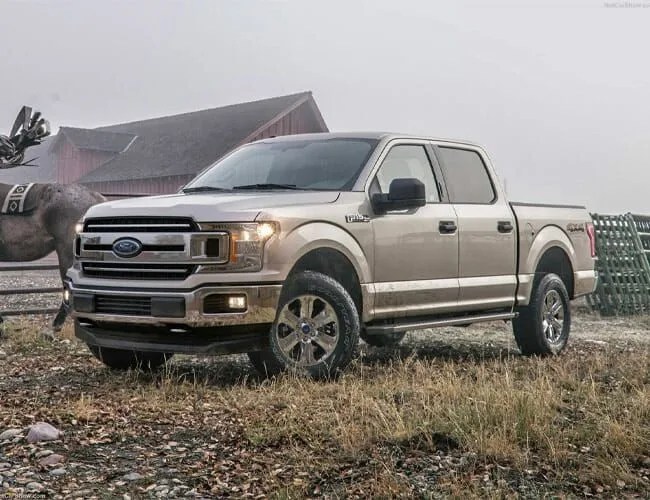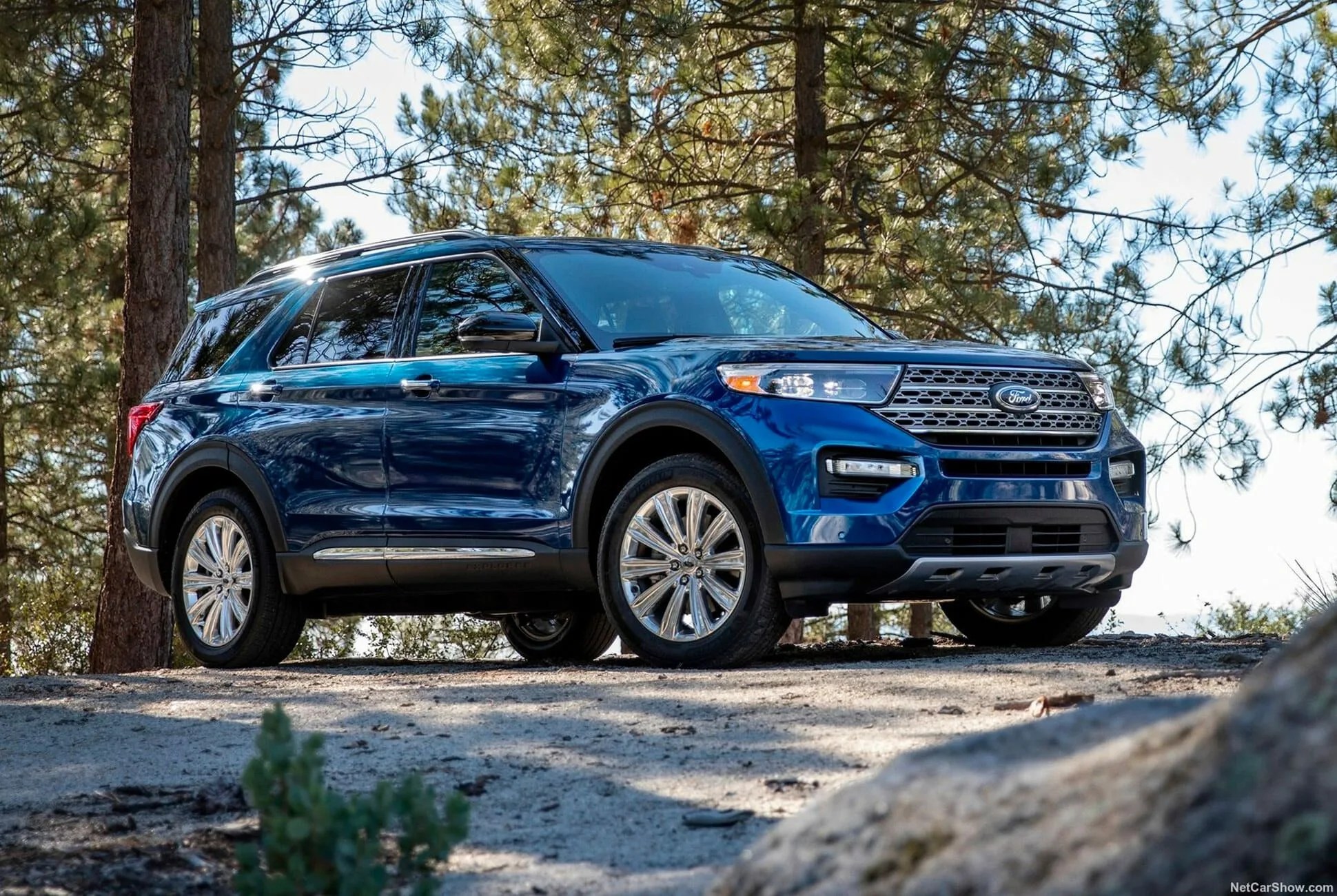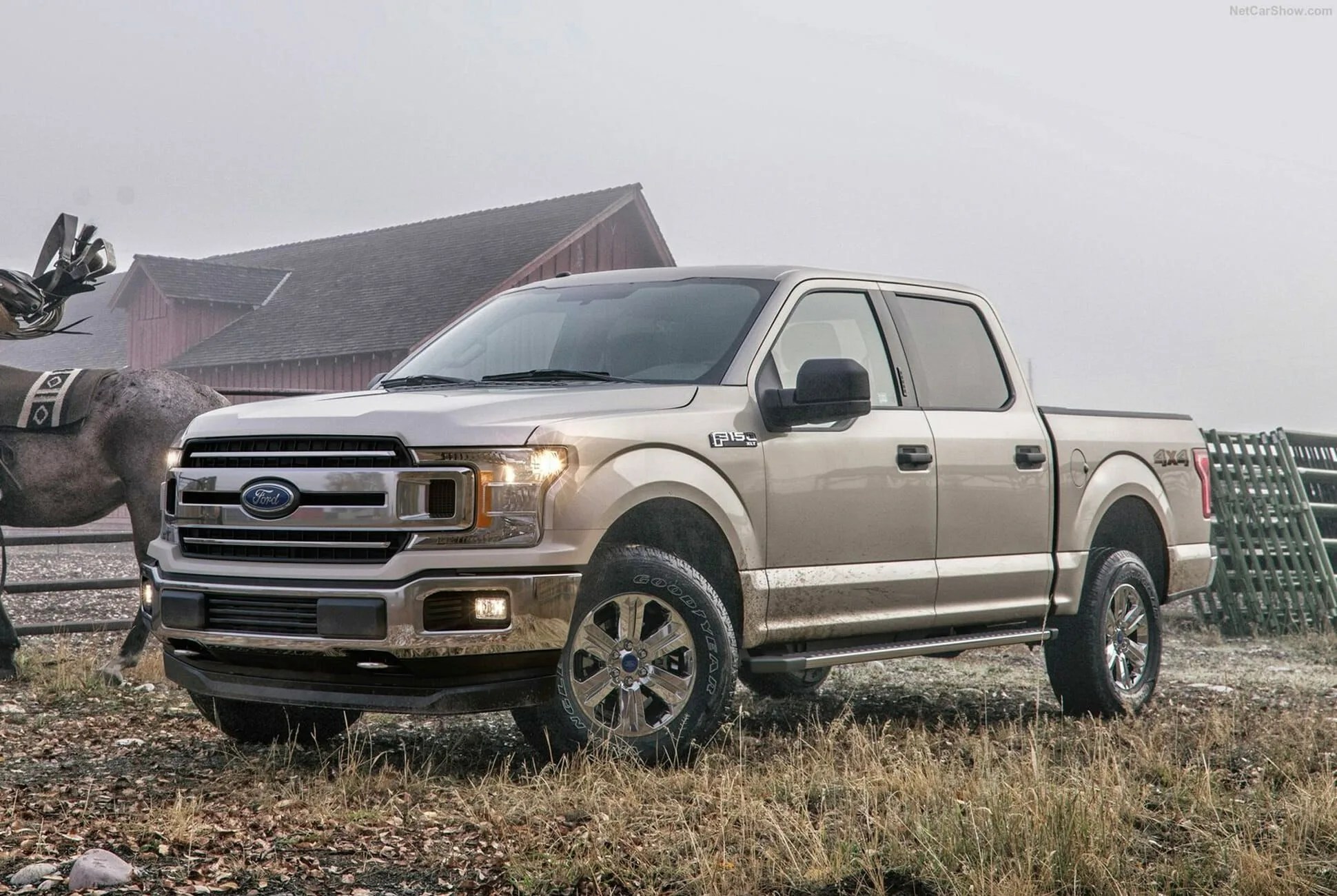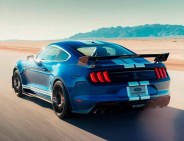3 photos
Ford is flailing. That’s what the media coverage will tell you at least. 2018 was a disaster. Profits were down. Presentations for the future underwhelmed. Shareholders are antsy. TheFord-VW alliance does not go far enough. Execs will be doing public penance for the sake of the stock price. Spot CEO Jim Hackett scuttling around the Dearborn campus with tools and plaster to keep the edifice from crumbling.
That narrative may overstate matters a bit. Ford still has solid fundamentals, and there are some things to like moving forward. We’re still talking about profit, in the billions. Last time I checked, no Ford vehicle was built in an impromptu tent in 2018.
Ford still claims the automotive industry’s biggest gold mine. The companysold more than 900,000 F-Series pickups in 2018. It turns a significant profit on each truck. The gap between the F-150 and the No. 2 best-seller Chevy Silverado, about 324,000, is close to the number of Honda Civics sold. Selling trucks now funds mobility, connectivity and every other buzzword.
Ford still produces good cars. It’s hard to find a segment where an American competitor makes a better vehicle. The Mustang remains a cut above the Camaro or the Challenger, whatever the horsepower. It’s still the world’s best sports car per dollar spent. The new Bronco will be the most anticipated 2020 automotive debut. Ford drew laments for getting out of the traditional car market because cars like the Focus and Fiesta were fun to drive.
Ford does things the right way, relatively. Ford, as often noted by Ford, never took a government bailout. Ford isn’tstill in court hashing out a multi-billion dollar safety settlement. Media coverage gets lost in investor jargon about streamlining and reducing Ford’s infrastructure costs. Those costs are euphemisms for people working, often in well-compensated union jobs in the Midwest.
Much of Ford’s volatility has not been Ford’s fault. 2018 was the worst year for stocks in a decade. Declining revenue projections hit share prices like Zeus bolts, even in Silicon Valley. Applelost 12 percent of its value in December and could drop further in 2019. Last July, Facebook posted the largest one-day drop (19 percent) in stock market history. The Tariff War and an economic slowdown in China aren’t Ford’s fault. Ford made an $877 million payment to its pension plan to cover for stock market losses. Ford estimates tariffs cost the company $750 million. That accounts for a lot of the lost revenue.





